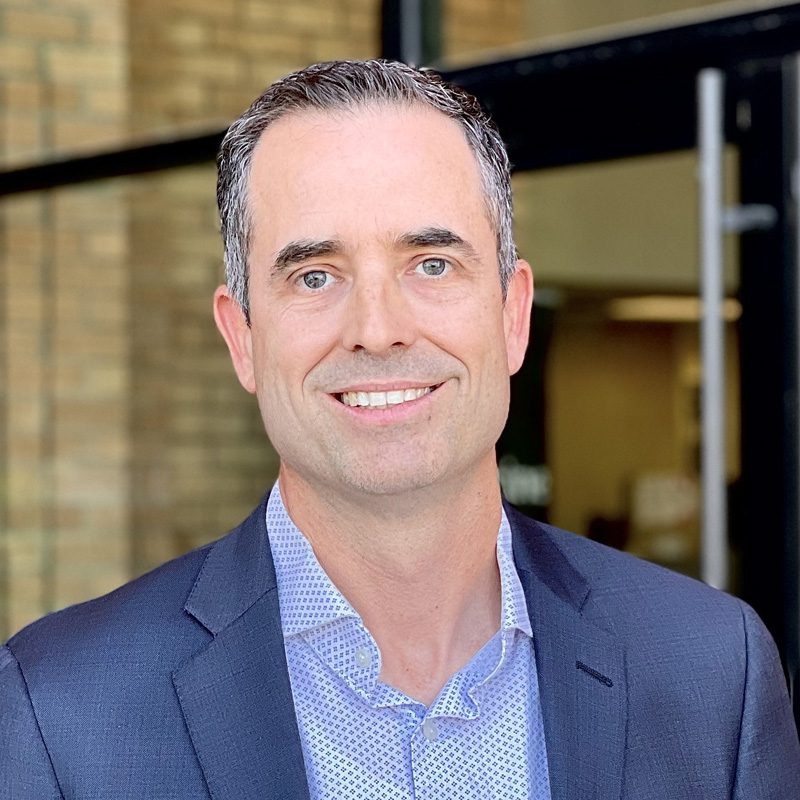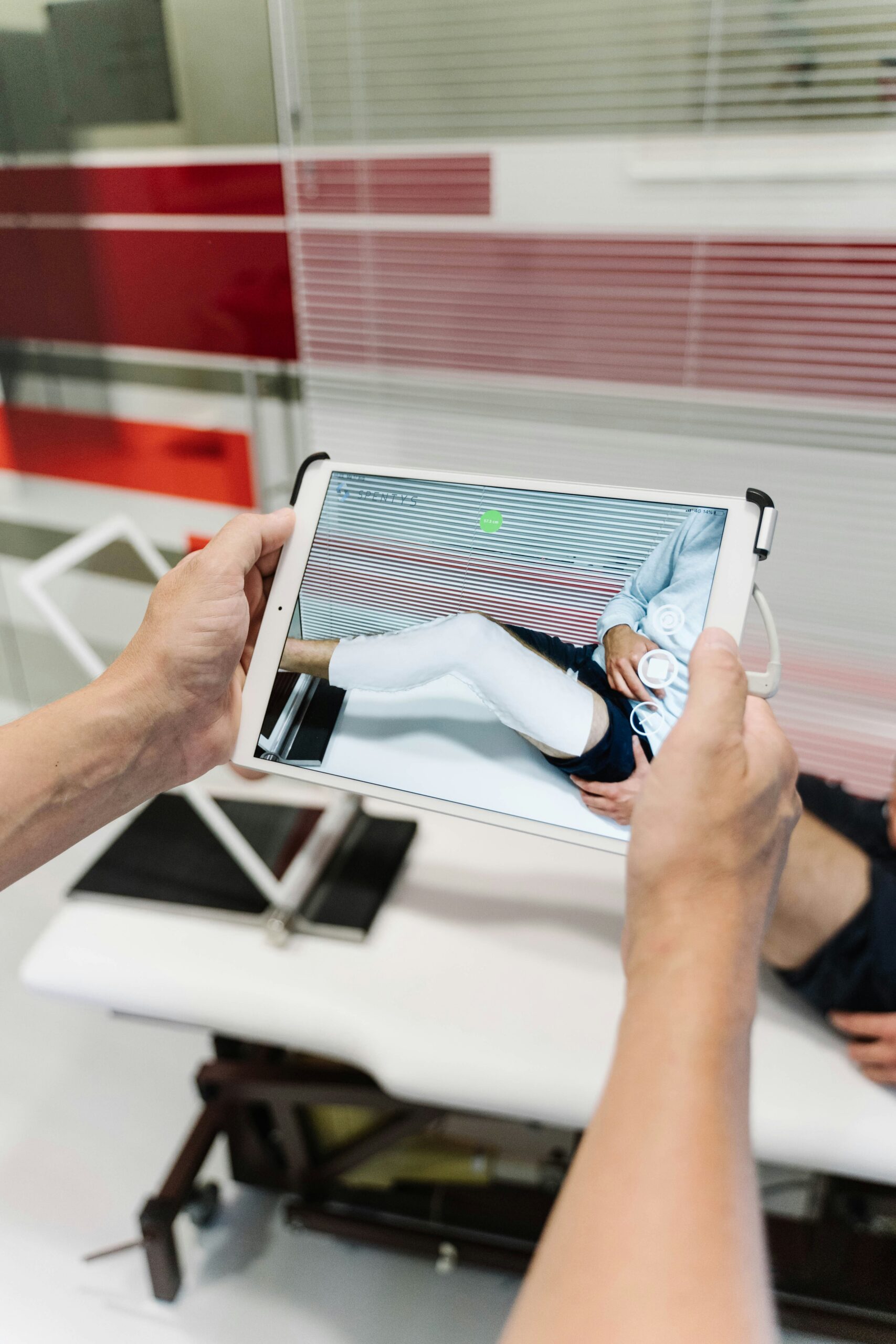AI is transforming healthcare innovation, but increasing access to information through at-home platforms like Alexa and Google Home has the potential to transform how doctors deliver care.
The concept of artificial intelligence, blockchain, and augmented reality are terms that, for me, have become far more functionally clear than ever before. In many ways, the use of AI has become so seamless that we often forget that we are interacting with it at all.
These technologies have provided society with incredible efficiencies. When it comes to recalling data and identifying patterns and similarities, computers outshine humans almost every time. However, when it comes to AI in healthcare, our system, unfortunately, neglects the impact that this technology could have on how doctors deliver care. It’s ironic that, in what is one of the most sophisticated disciplines on the planet, we are using humans to deliver and interpret healthcare, rather than machines.
It is a somber reality to realize that physicians are, for the most part, highly trained and skilled statisticians. To stay up-to-date on current best practices, they rely on pursuing CME credits throughout the year. They sift through peer-reviewed articles. Then, they interpret and relay this information in the form of healthcare answers to patients.
But isn’t this exactly what artificial intelligence does in other areas of our lives? Gather information, look for patterns, and relay the results?
The truth is that the technology needed to shift the paradigm and deliver AI in healthcare is already here; we just need humans to build the right systems to make it work.
An Inefficient Healthcare Information System

Today, primary care physicians and emergency room facilities are often used as expensive delivery systems for answers to healthcare-related problems. Patients recite a litany of symptoms and doctors listen, sometimes even using Google or online resources to aid in deciding how to treat. This structure is perpetuated in large part because we, as patients, are accustomed to utilizing these healthcare resources the minute we have a sniffle or an ache. Even worse is the tendency for some patients to misuse emergency rooms, often citing a lack of health insurance or other reasons why they felt an ED was the best way to seek medical attention – even when they are not experiencing an emergency.
AI in Healthcare Reduces Costs and Improves Patient Care
Artificial intelligence will be the first to enter our homes as the new gatekeeper of medicine. Alexa, Google Home, and other platforms will be programmed to sift through the same clinical literature from which primary care physicians get their knowledge. The AI can ask similar questions and provide patients with similar solutions, many times avoiding a trip to the doctor altogether. We are already seeing cost and time benefits through the adaptation of telemedicine. In adding at-home AI to the mix, the benefits only increase.
However, using AI in healthcare is not a catch-all. One factor that AI cannot replace in the healthcare solution equation is the human element. And, ironically, this component of care has been squashed by the healthcare system as a result of not appropriately adopting the right technology.
Human-Centered Care Needs Humans to Deliver It

An article entitled, “Doctors Tell All – and It’s Bad” by Meghan O’Rourke relates the author’s personal experience with trying to solve her own healthcare challenge. In her article, she asserts “For a system that invokes ‘patient-centered care’ as a mantra, modern medicine is startlingly inattentive – at times actively indifferent – to patients’ needs.”
O’Rourke goes on. “Spend a day in an emergency room, and chances are you’ll be struck by two things: the organizational chaos and the emotional detachment as nurses, doctors, and administrators bustle in and out, barely registering the human distress it is their job to address.”
But this lack of attention to patients’ human needs is certainly not the fault of the providers. We have built a system that drives providers to function this way. They are preoccupied with data collection, interpretation, and delivery. So much so, that it is leaving little time to focus on the unique needs of the individual, especially psychological.
Humans are good at being human and delivering care. Doctors need to fill the role of a patient-centric, caring medical expert that can hold a person’s hand, walk them through the process, and help them get better.
Innovators Needed
As AI becomes normative in the healthcare industry, it will have a tremendous effect on the way physicians work. It will act as the new health information gatekeeper. It will free physicians to focus on human distress and patient needs, both physically and psychologically.
We have the opportunity to replace the mechanical aspect of healthcare with machines, and allow the human aspect of healthcare to be run by humans. The technology is here. The data is out there. We just need someone with enough vision, drive, and horsepower to introduce it. Advancements in this area will be wide-reaching, improving lives and outcomes across the board.
Dr. Alexa may soon be your go-to physician – but your human doctor will still be there when you need her.
Digital health and digital therapeutics are one of the largest sectors of growth in medical technology. Want to learn more? Contact us.





